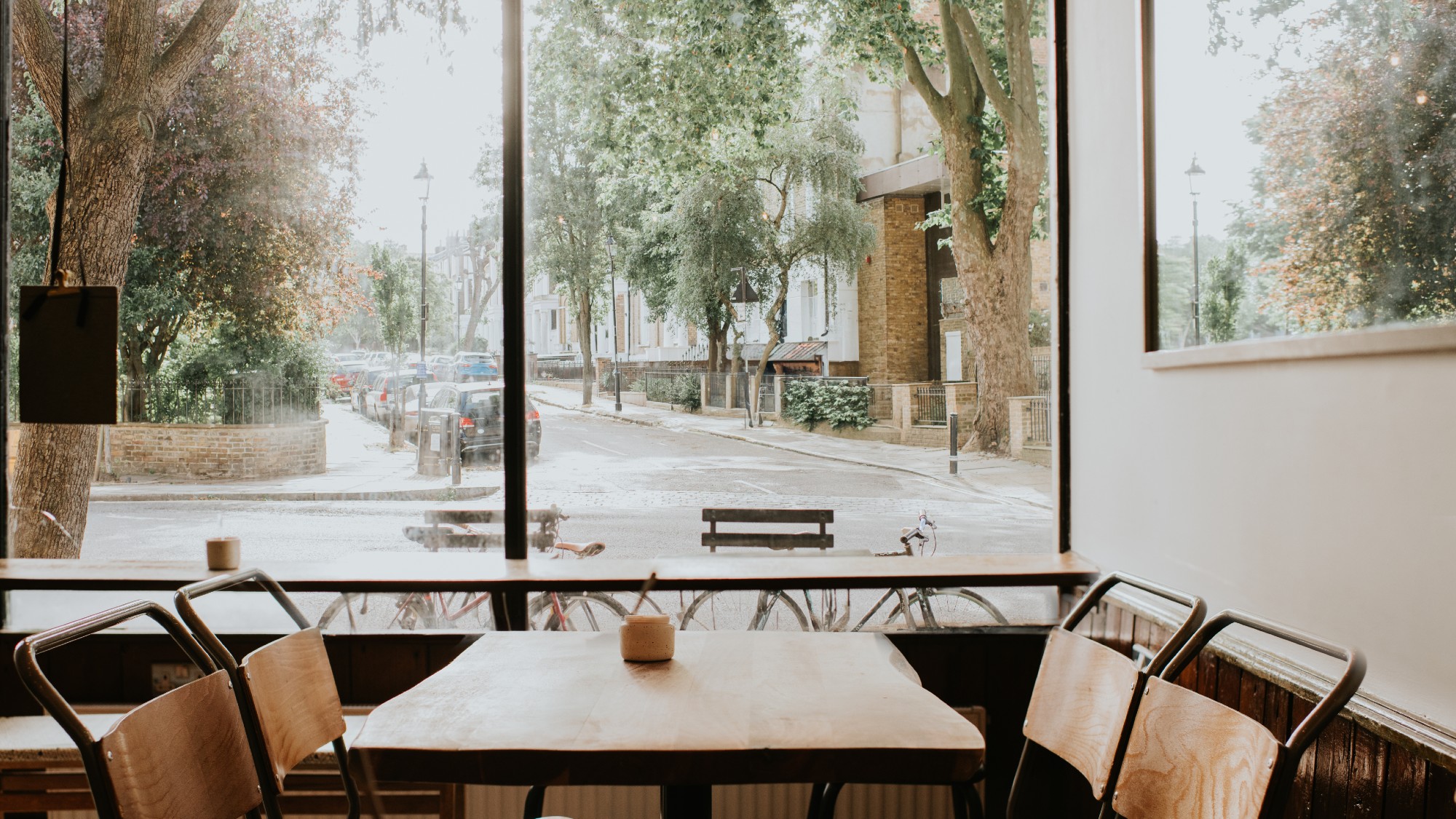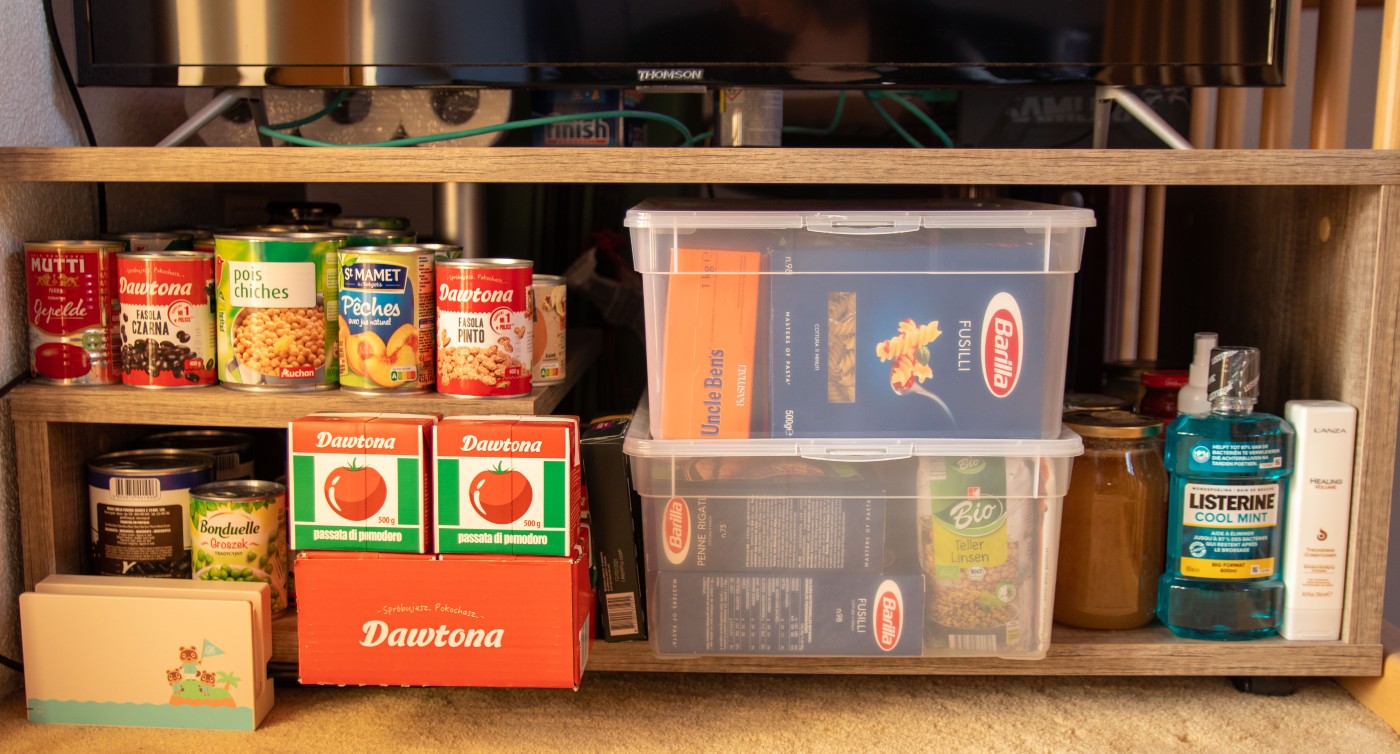The five most promising methods to extend human life
Latest research findings on biology of ageing have revealed secrets to living longer, healthier lives

Professors Richard Faragher of University of Brighton and Lynne Cox of University of Oxford on the scientifically proven most effective ways to lengthen life expectancy
Most people want to live a long and happy life – or at least avoid a short and miserable one. If you’re in that majority then you’re in luck. Over the last decade, a quiet research revolution has occurred in our understanding of the biology of ageing.
The challenge is to turn this knowledge into advice and treatments we can benefit from. Here we bust the myth that lengthening healthy life expectancy is science fiction, and show that it is instead scientific fact.
Subscribe to The Week
Escape your echo chamber. Get the facts behind the news, plus analysis from multiple perspectives.

Sign up for The Week's Free Newsletters
From our morning news briefing to a weekly Good News Newsletter, get the best of The Week delivered directly to your inbox.
From our morning news briefing to a weekly Good News Newsletter, get the best of The Week delivered directly to your inbox.
1. Nutrition and lifestyle
There’s plenty of evidence for the benefits of doing the boring stuff, such as eating right. A study of large groups of ordinary people show that keeping the weight off, not smoking, restricting alcohol to moderate amounts and eating at least five servings of fruit and vegetable a day can increase your life expectancy by seven to 14 years compared with someone who smokes, drinks too much and is overweight.
Cutting down calories even more – by about a third, so-called dietary restriction – improves health and extends life in mice and monkeys, as long as they eat the right stuff, though that’s a tough ask for people constantly exposed to food temptation. The less extreme versions of time-restricted or intermittent fasting – only eating during an eight-hour window each day, or fasting for two days every week – is thought to reduce the risk of middle-aged people getting age-related diseases.
2. Physical activity
A free daily email with the biggest news stories of the day – and the best features from TheWeek.com
You can’t outrun a bad diet, but that doesn’t mean that exercise does not do good things. Globally, inactivity directly causes roughly 10% of all premature deaths from chronic diseases, such as coronary heart disease, type 2 diabetes and various cancers. If everyone on Earth got enough exercise tomorrow, the effect would probably be to increase healthy human life expectancy by almost a year.
But how much exercise is optimal? Very high levels are actually bad for you, not simply in terms of torn muscles or sprained ligaments. It can suppress the immune system and increase the risk of upper respiratory illness. Just over 30 minutes a day of moderate to vigorous physical activity is enough for most people. Not only does that make you stronger and fitter, it has been shown to reduce harmful inflammation and even improve mood.
3. Boosting the immune system
However fit you are and well you eat, your immune system will, unfortunately, get less effective as you get older. Poor responses to vaccination and an inability to fight infection are consequences of this “immunosenescence”. It all starts to go downhill in early adulthood when the thymus – a bowtie-shaped organ in your throat – starts to wither.
That sounds bad, but it’s even more alarming when you realise that the thymus is where immune agents called T cells learn to fight infections. Closing such a major education centre for T cells means that they can’t learn to recognise new infections or fight off cancer effectively in older people.
You can help – a bit – by making sure you have enough key vitamins, especially A and D. A promising area of research is looking at signals that the body sends to help make more immune cells, particularly a molecule called IL-7. We may soon be able to produce drugs that contain this molecule, potentially boosting the immune system in older people. Another approach is to use the food supplement spermidine to trigger immune cells to clear out their internal garbage, such as damaged proteins, which improves the elderly immune system so much that it’s now being tested as a way of getting better responses to Covid vaccines in older people.
4. Rejuvenating cells
Senescence is a toxic state that cells enter into as we get older, wreaking havoc across the body and generating chronic low-grade inflammation and disease – essentially causing biological ageing. In 2009, scientists showed that middle-aged mice lived longer and stayed healthier if they were given small amounts of a drug called rapamycin, which inhibits a key protein called mTOR that helps regulate cells’ response to nutrients, stress, hormones and damage.
In the lab, drugs like rapamycin (called mTOR inhibitors) make senescent (aged) human cells look and behave like their younger selves. Though it’s too early to prescribe these drugs for general use, a new clinical trial has just been set up to test whether low-dose rapamycin can really slow down ageing in people.
Discovered in the soil of Easter Island, Chile, rapamycin carries with it significant mystique and [has been hailed] in the popular press as a possible “elixir of youth”. It can even improve the memory of mice with dementia-like disease.
But all drugs come with pros and cons – and as too much rapamycin suppresses the immune system, many doctors are averse to even consider it to stave off age-related diseases. However, the dose is critical and newer drugs such as RTB101 that work in a similar way to rapamycin support the immune system in older people, and can even reduce Covid infection rates and severity.
5. Clearing out old cells
Completely getting rid of senescent cells is another promising way forward. A growing number of lab studies in mice using drugs to kill senescent cells – so-called “senolytics” – show overall improvements in health, and as the mice aren’t dying of disease, they end up living longer too.
Removing senescent cells also helps people. In a small clinical trial, people with severe lung fibrosis reported better overall function, including how far and fast they could walk, after they had been treated with senolytic drugs. But this is only the tip of the iceberg. Diabetes and obesity, as well as infection with some bacteria and viruses, can lead to more senescent cells forming. Senescent cells also make the lungs more susceptible to Covid infection, and Covid makes more cells become senescent. Importantly, getting rid of senescent cells in old mice helps them to survive Covid infection.
Ageing and infection are a two-way street. Older people get more infectious diseases as their immune systems start to run out of steam, while infection drives faster ageing through senescence. Since ageing and senescence are inextricably linked with both chronic and infectious diseases in older people, treating senescence is likely to improve health across the board.
It is exciting that some of these new treatments are already looking good in clinical trials and may be available to us all soon.
Richard Faragher, professor of biogerontology, University of Brighton and Lynne Cox, associate professor of biochemistry, University of Oxford.
This article is republished from The Conversation under a Creative Commons licence. Read the original article.
-
 Why Irish traditional music is having a moment
Why Irish traditional music is having a momentIn The Spotlight Frustrations with isolation and technology credited for reviving 'auld' trad tunes
-
 Ozempic and its brethren are running headlong into American dining and dieting culture
Ozempic and its brethren are running headlong into American dining and dieting cultureIn the Spotlight Some restaurants are feeling the burn. So are beauty expectations.
-
 The link between meat and diabetes
The link between meat and diabetesThe Explainer Study links processed meat to the disease, but it has an 'inevitable' limitation
-
 A not-so-quiet place: Why is no one using headphones in public anymore?
A not-so-quiet place: Why is no one using headphones in public anymore?Under the Radar People are increasingly comfortable with both speakerphone and watching videos (very) out loud
-
 Gas masks and loo rolls: why 'preppers' are on the rise
Gas masks and loo rolls: why 'preppers' are on the riseUnder The Radar Doomsday community has expanded from 'Rambo wannabes' to 'Tesco regulars'
-
 Breathtaking: the Covid drama that may make you scream
Breathtaking: the Covid drama that may make you screamThe Week Recommends ITV three-parter is a 'tour de force' that exposes 'political complacency'
-
 The lasting changes of the post-pandemic dining era
The lasting changes of the post-pandemic dining eraThe Explainer The newest of new normals
-
 How toxins, heavy metals and possibly radioactive polonium are found in vapes
How toxins, heavy metals and possibly radioactive polonium are found in vapesfeature Vapers don’t know what they’re inhaling and cannot be certain of the health impacts


